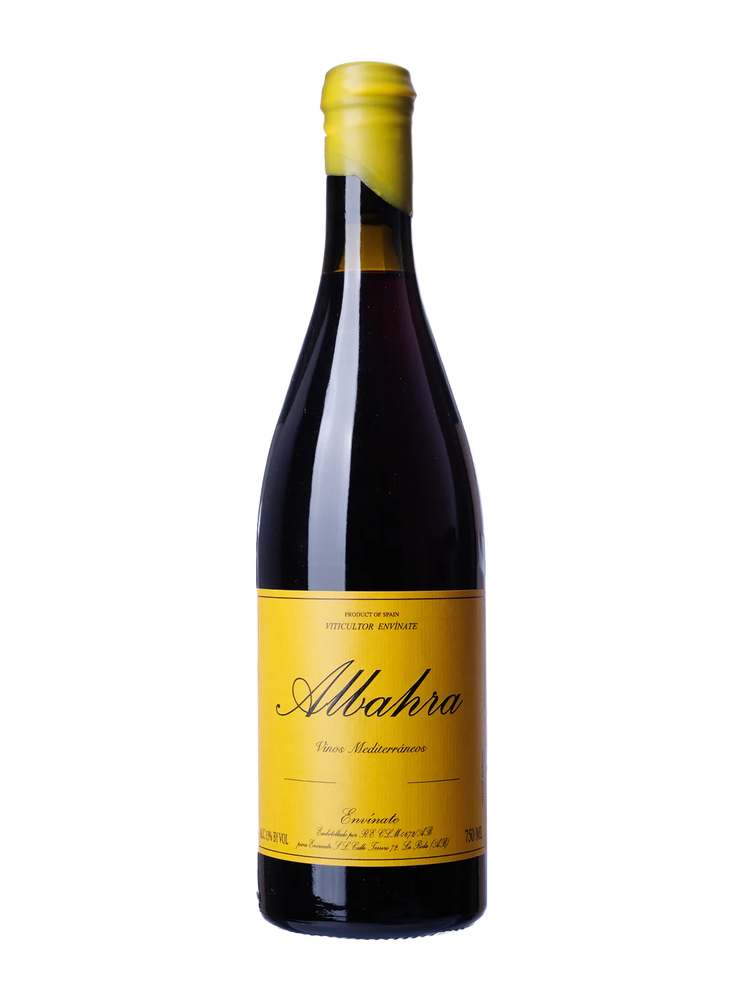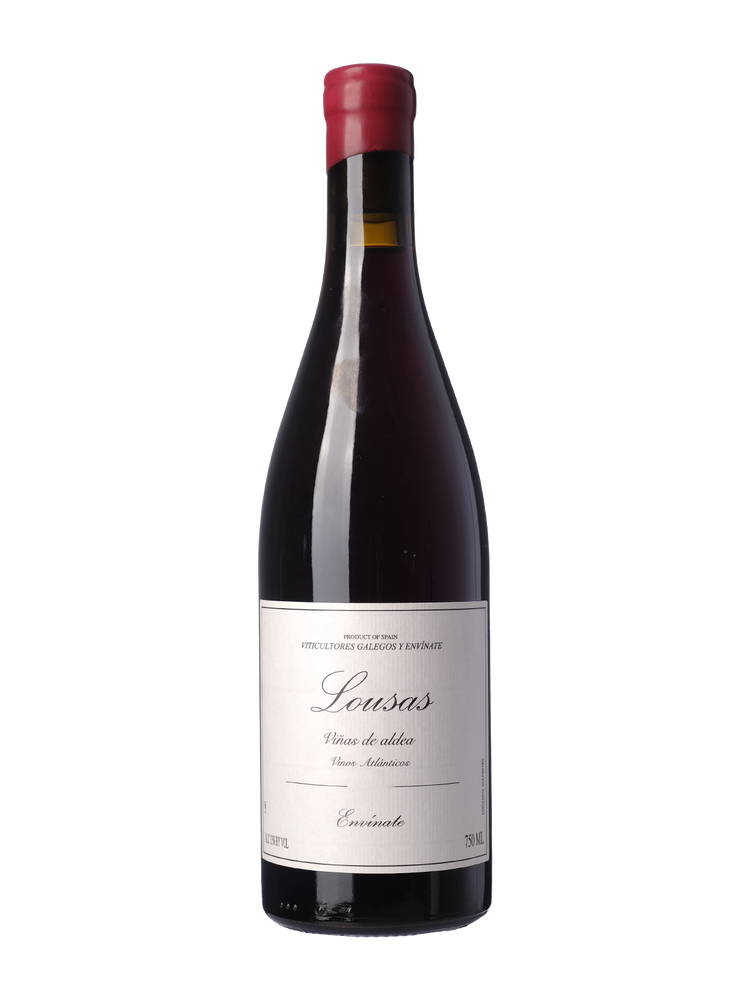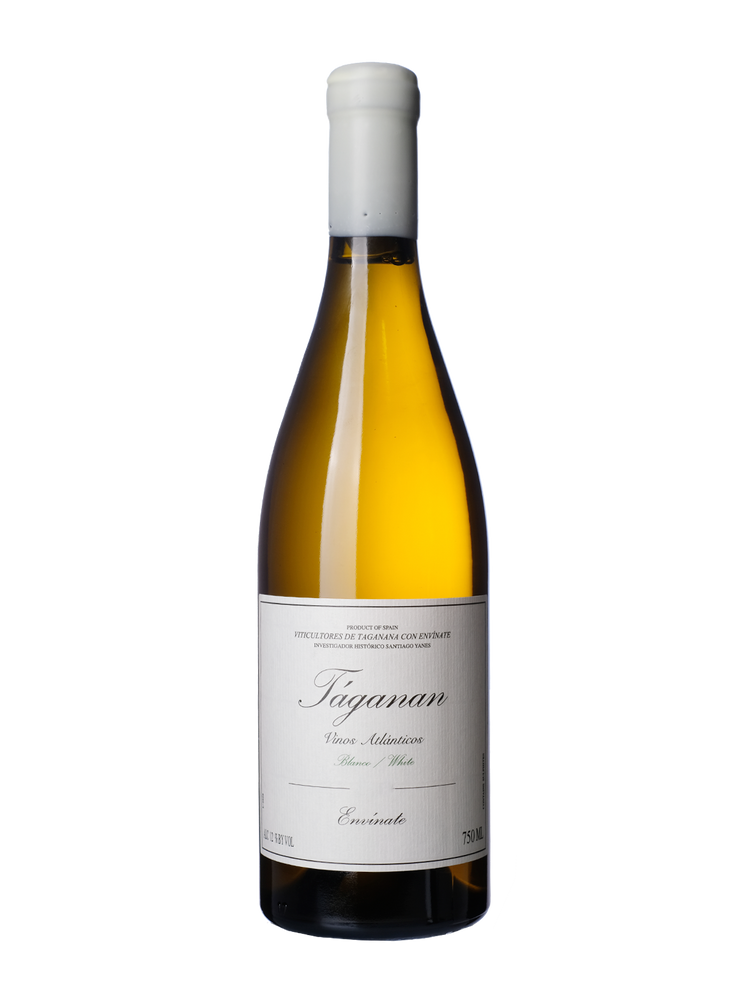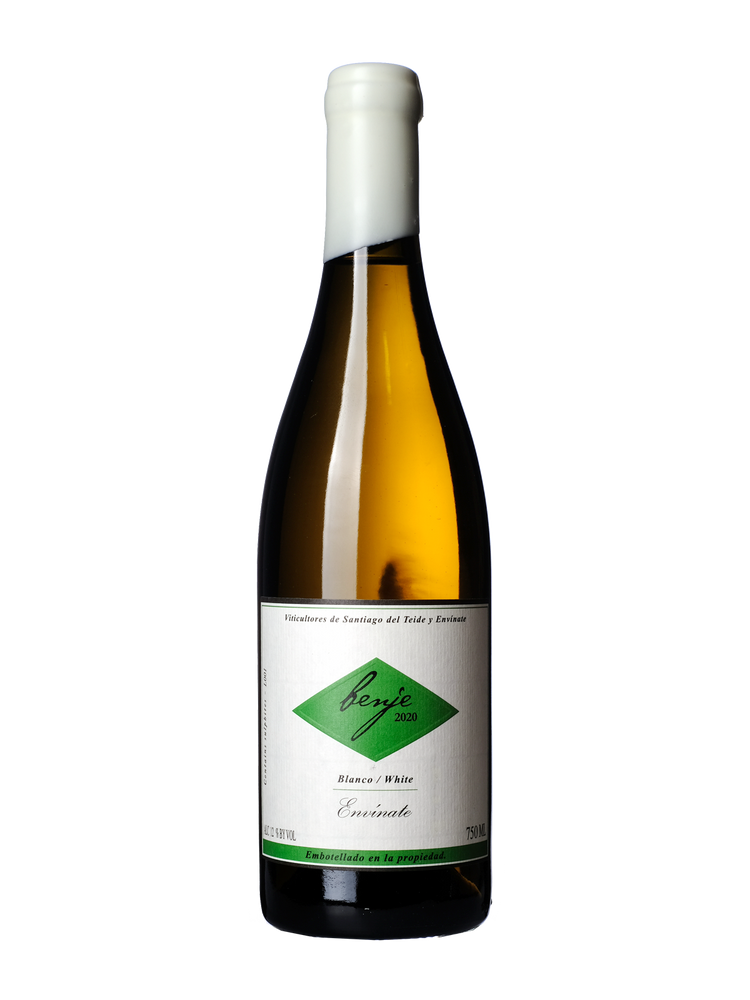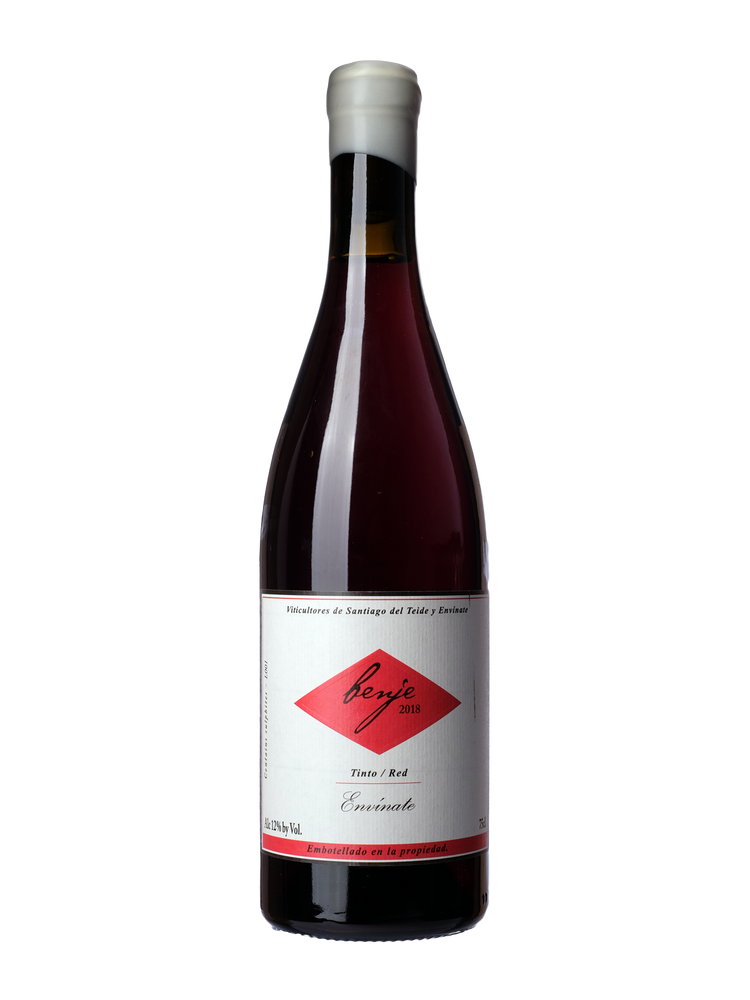In his fantastic book 'The New Vignerons', acclaimed wine writer Luis Gutiérrez of robertparker.com suggests that the future of Spanish wine lies in its past. The producer who leads the charge with this in mind, is undoubtedly Envínate; a collective of four winemakers currently enjoying near-mythical levels of success. Jamie Goode met with one half of Envínate during their recent trip to London, and discovered the exceptional 2020 vintage.
If there is a poster child for the wines of the ‘New Spain’, then Envínate is a strong candidate. Envínate is a really exciting project from Spain, focusing on making terroir-transparent wines from mainly Atlantic-influenced regions. It began in 2008 with four friends who'd studied oenology together in Alicante: Laura Ramos, José Martinez, Roberto Santana and Alfonso Torrente. Laura and José work in Almansa and Extremadura, but the main focus of Envínate is two regions: Tenerife and Ribeira Sacra. Overall, 140 000 bottles are produced annually, with Tenerife accounting for just over half of these.
I recently met with Alfonso and Roberto in London, to taste through their wines. They began in Ribeira Sacra, where they were inspired to start Envínate by some of the old vineyards which were too small to interest big companies and were being abandoned as the older generation retired. They bought a 0.75 hectare plot in 2008, and started making wine, as well as consulting.
‘We are not rich people,’ says Roberto, ‘and we had no land. So we started little by little.’

At the same time, they began working in the Canary Islands, where Roberto comes from; he made the wines of Suertes del Marques until 2016. From Envínate’s Tenerife project, Roberto and Alfonso produce the wines together.
Their red winemaking involves a lot of whole bunches in the ferment – most commonly they will be 100% whole bunch (you can read more about this winemaking technique in my article here). They use stems almost all the time, and the wines are never green because of them, even though the stems aren’t brown and lignified. Roberto says that it is only when you work them too hard and break them that you get greenness in the wine. He says it is impossible to get ‘ripe’ stems without overripe grapes.
‘You need to work with hands and feet,’ he says. ‘The stems have potassium and so you lose acidity, but the sensation in the wine is fresher.’
The wines are made quite naturally here with the only addition being some sulphur dioxide at bottling.

Roberto and Alfonso say that they are very happy with the 2020 wines; an Atlantic-influenced vintage that is more their style. But the problem is that for Táganan, their ‘village’ wine from Tenerife, they have very low production, although the quality is good. In Almansa, it’s the best vintage they’ve made. In Galicia it was a warm vintage, but a good one, and there was low production with just half the quantity of a normal year.
Has anything changed recently? They have bought some of the vineyards that they’ve been renting, and this means that they own around 70% of their vineyard sources. And in Oratava they now work with higher temperature fermentations (30-32 °C) and slower maceration. I reckon that these are some of the best, and best value for money, wines to come from Spain.
The Wines
Envínate, 'Benje Blanco' 2020
Tenerife, Spain
This is Listan Blanco from 1000m, so the vines see a lot of sun. 30% of the blend is aged under flor in concrete, and 70% goes through neutral barrels. Mineral, taut and saline with lovely freshness and intensity. Mineral and has a slightly tangy flor character. Very fine. 94/100
Envínate, 'Palo Blanco' 2020
Tenerife, Spain
This is from Oratava, with black basalt soils and an altitude of 400-800 m. Lots of different terroirs. Fermented and aged in a mix of foudres (75%) and barrels (25%). Lovely fine citrus nose, which is expressive and very refined. The palate is really mineral, stony and refined, with high acidity and a lemony core. Very special. 96/100
Envínate, 'Migan' 2020
Tenerife, Spain
From four different terroirs in Oratava. Spicy, mineral nose with bright red fruits and some pepper character. Very stylish. The palate is mineral, peppery and fine with juicy cherry and raspberry fruit. Lovely precision, but also some depth. 95/100
Envínate, 'La Santa' 2020
Tenerife, Spain
This is 15% carbonic maceration, with the rest still whole bunch but foot trodden. Fine, pure red fruits nose is very lively, quite expressive, and distinctly mineral. The palate is supple, fine, bright and juicy with red cherries, plums, raspberries and good structure. 95/100
Envínate, 'Lousas Vinas de Aldea' 2020
Ribeira Sacra, Spain
100% whole bunch, foot trodden. Very fine and juicy with red cherries to the fore. Fresh and very fine with floral aromatics, lovely texture and elegance, and a sour cherry finish. Velvety, but also fresh and detailed. 95/100
Envínate, Albahra 2020
Almansa, Castilla-La-Mancha, Spain
This is 75% Garnacha Tintorea in concrete, with the balance in barrels. Lovely nose: fresh, bright, supple cherry and plum fruit. Sweetly fruited and fine on the palate, showing raspberry and strawberry with a sour cherry twist. This is the finest expression of this wine yet. 94/100

